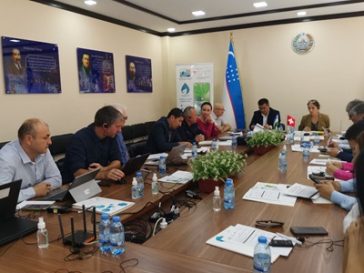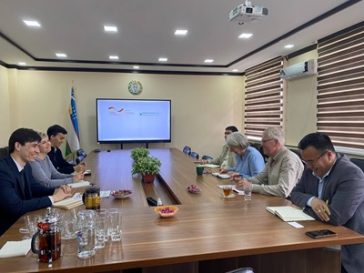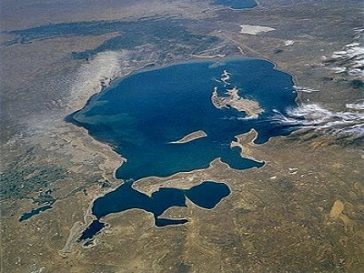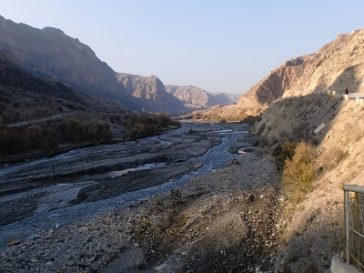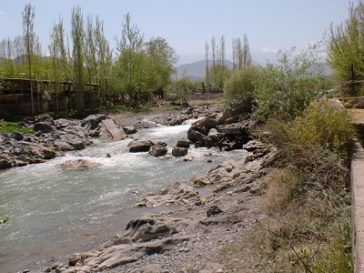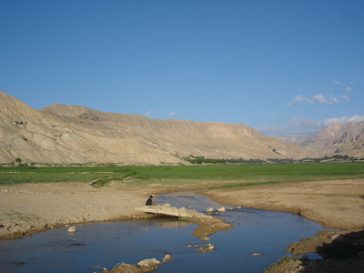Water sector financial governance gap analysis in Central Asia: from planning to practice
The consultancy delivers I. Water financing gaps report: with a. Conducting a review of critical financial needs of the water sector, concentrating on mostly major infrastructure; b. Understanding major water infrastructure priorities of the member states (with regional significance); c. … Read More

